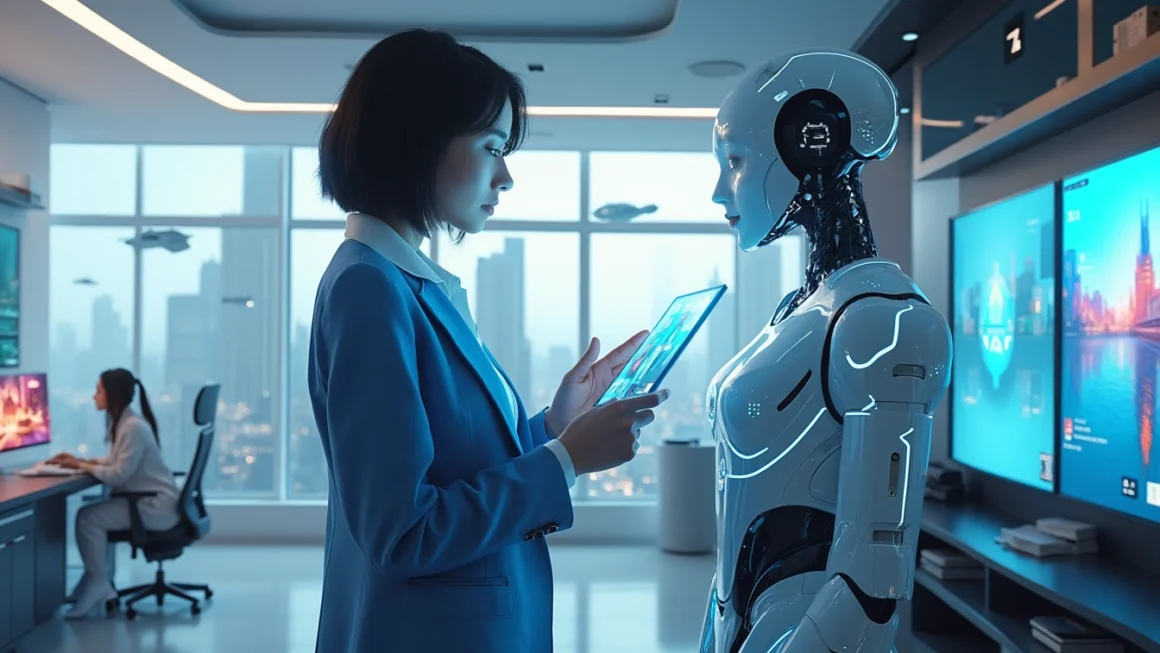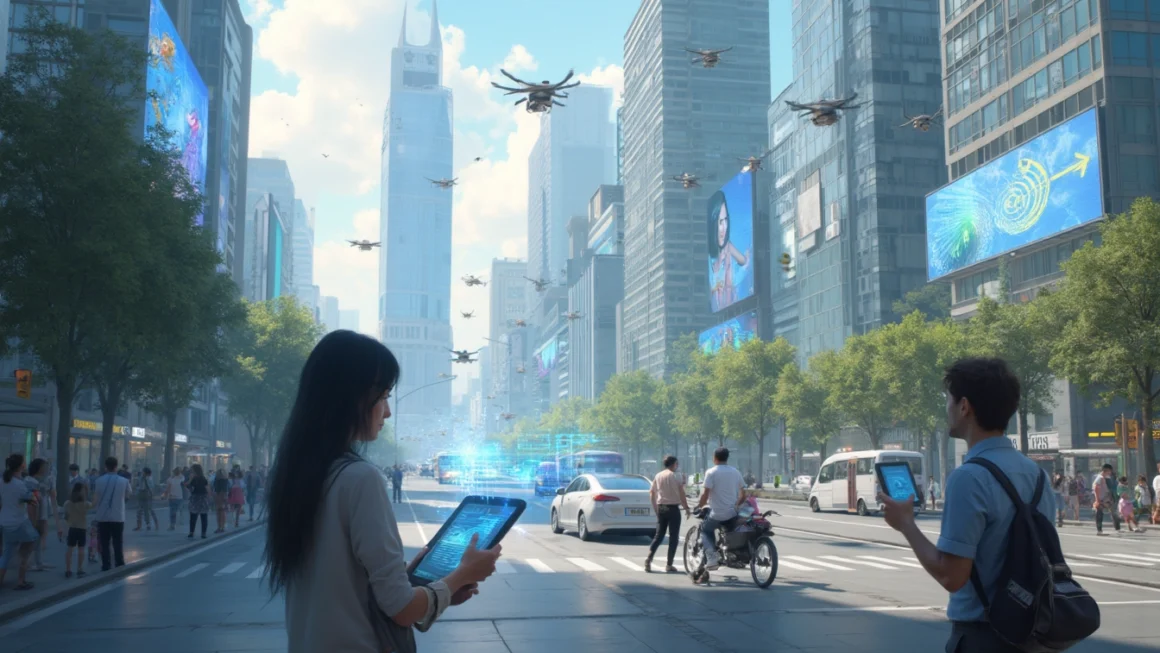The Rise of AI in Everyday Technology
Table of Contents
Artificial Intelligence (AI) has become an integral part of our daily lives, often without us even realizing it. From the moment we wake up to when we go to bed, AI-powered technologies are working behind the scenes to make our lives easier, more efficient, and more personalized.
AI in Our Morning Routines
As we start our day, AI is already at work. Smart home devices, powered by AI algorithms, adjust our thermostats, brew our coffee, and even suggest outfit choices based on the weather forecast. Voice assistants like Siri, Alexa, or Google Assistant use natural language processing to understand and respond to our commands, helping us plan our day or check our schedules.
Commuting with AI
During our commute, AI continues to play a crucial role. Navigation apps use machine learning algorithms to analyze traffic patterns and suggest the fastest routes. For those using public transportation, AI helps optimize bus and train schedules. In more advanced cities, self-driving vehicles, a pinnacle of AI technology, are becoming a reality.
AI in the Workplace
At work, AI has transformed various industries. From predictive text in email applications to advanced data analysis tools, AI enhances productivity and decision-making processes. Customer service chatbots, powered by AI, handle inquiries efficiently, freeing up human agents for more complex tasks.
Shopping and Entertainment
AI significantly influences our shopping experiences and entertainment choices. E-commerce platforms use AI to provide personalized product recommendations based on our browsing and purchase history. Streaming services like Netflix and Spotify employ sophisticated AI algorithms to suggest content tailored to our preferences.
Healthcare Advancements
In healthcare, AI is making remarkable strides. From early disease detection through image analysis to personalized treatment plans based on genetic information, AI is revolutionizing patient care. Wearable devices use AI to monitor our health in real-time, providing valuable insights and early warnings.
AI in Financial Services
The financial sector has embraced AI for fraud detection, algorithmic trading, and personalized financial advice. AI-powered robo-advisors are making investment management more accessible to a broader audience. Automation platforms are streamlining various financial processes, enhancing efficiency and reducing human error.
Environmental Applications
AI is also playing a crucial role in addressing environmental challenges. It’s being used to optimize energy consumption in buildings, predict natural disasters, and develop more efficient renewable energy systems. AI-driven climate models are helping scientists better understand and predict climate change impacts.
Challenges and Ethical Considerations
While the benefits of AI are numerous, its rapid integration into our lives also raises important questions. Privacy concerns, data security, and the potential for bias in AI algorithms are significant challenges that need addressing. There’s also the ongoing debate about AI’s impact on employment and the need for reskilling the workforce.
The Future of AI
Looking ahead, the potential of AI seems boundless. From more advanced virtual assistants to breakthroughs in quantum computing, AI is set to become even more deeply ingrained in our daily lives. As AI continues to evolve, it will likely lead to new innovations we can’t yet imagine, potentially solving some of humanity’s most pressing challenges.
Conclusion
AI has seamlessly woven itself into the fabric of our everyday lives, enhancing our experiences in ways both subtle and profound. As we continue to navigate this AI-driven world, it’s crucial to stay informed about these technologies, understand their implications, and participate in shaping their ethical development and use. The AI revolution is not just a glimpse into the future; it’s very much our present reality, constantly evolving and expanding its reach across all aspects of human life.




